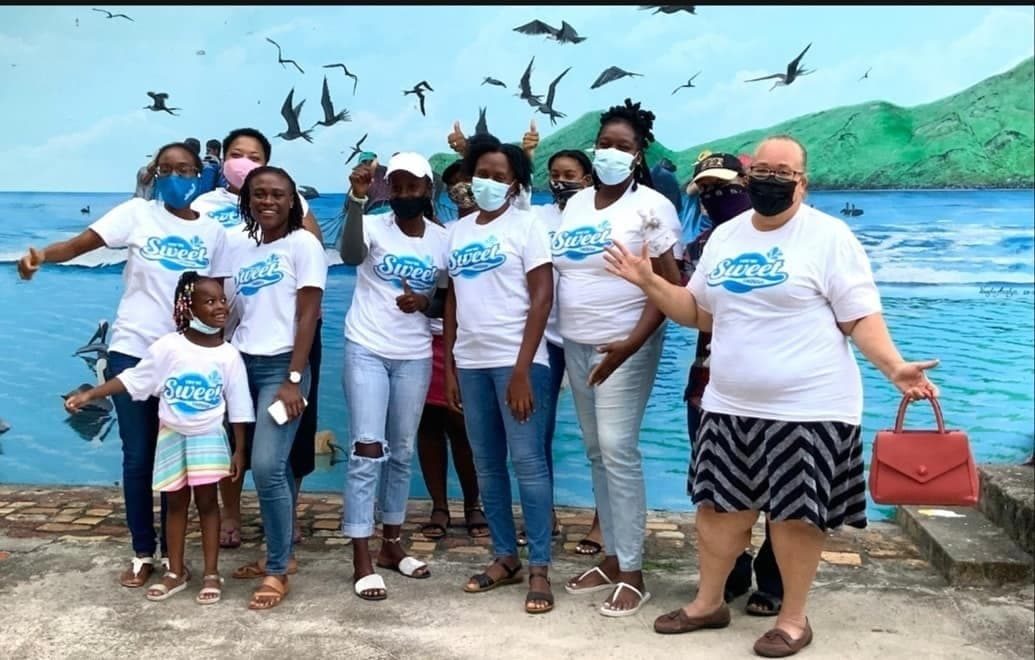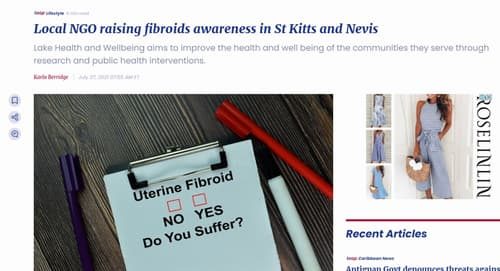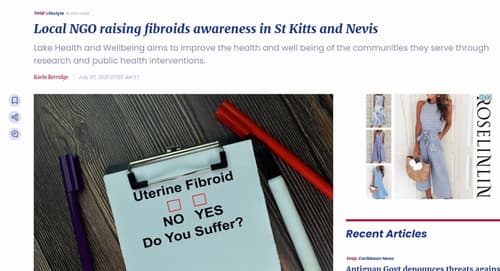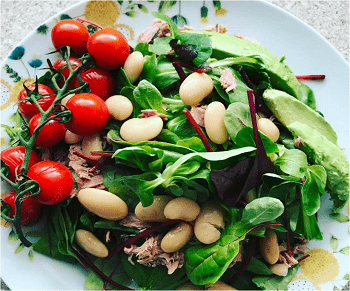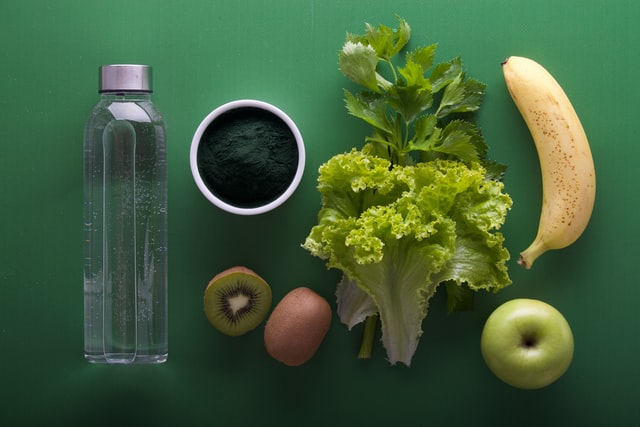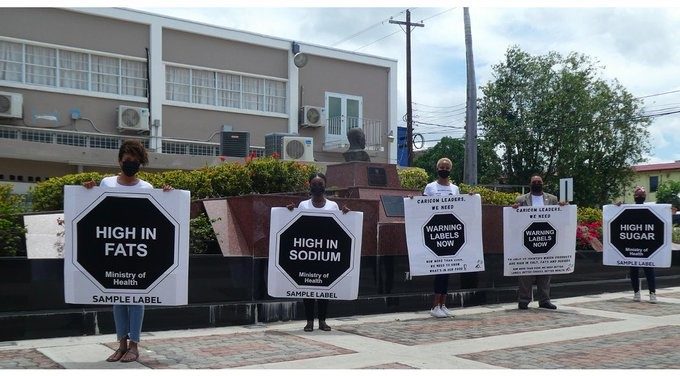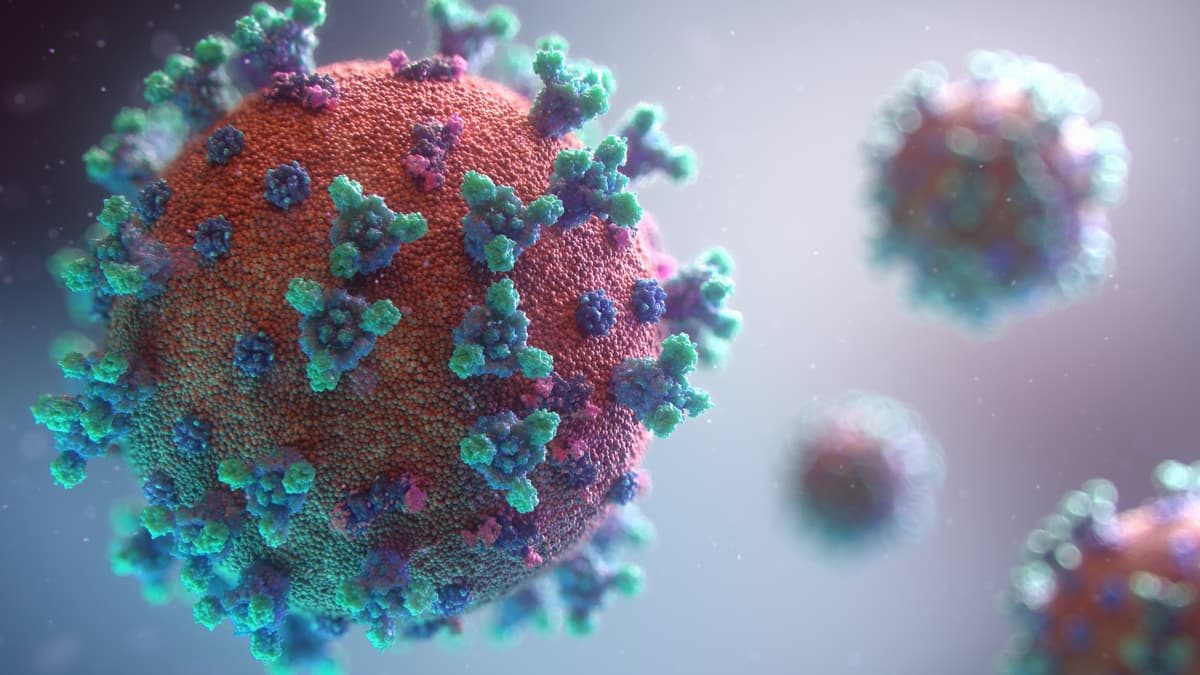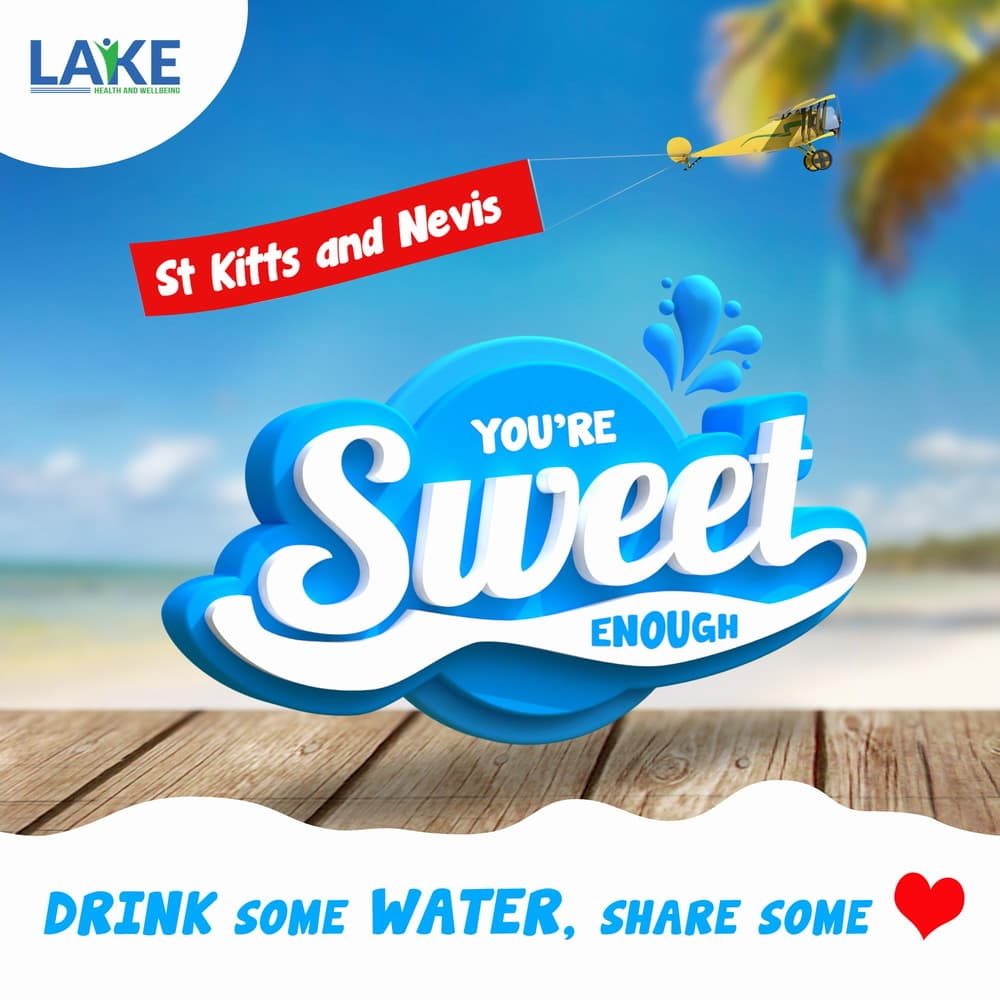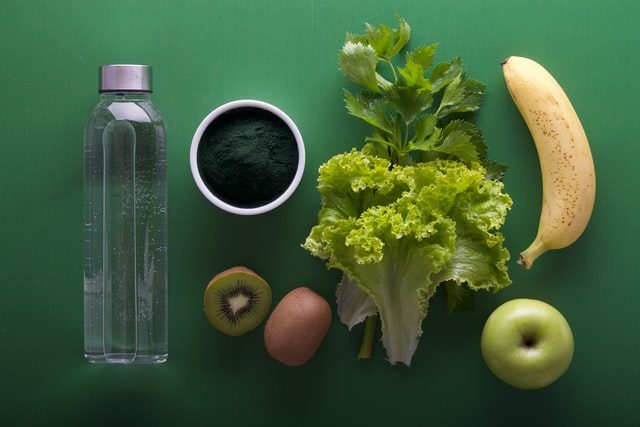No SSB Drink Water Challenge launches
Thirty-eight individuals signed up to take the You’re Sweet Enough: No SSB Drink Water Challenge as part of the SKN Moves 7-week health campaign.
The No SSB Drink Water Challenge encourages persons to make healthier choices by eliminating the consumption of sugar-sweetened beverages (SSBs) and to drink water instead. Participants will track their water consumption daily using a water tracking app and submit photo or video testimonials about their experience. At the end of two weeks, those who consumed the most water will be awarded prizes.
A few challenge participants met for the first time at an orientation session where each person shared their motivations for signing up to drink only water for two weeks from August 22nd to September 5th. “Sugar is a drug that is bad for us, yet it is everywhere” said one participant who recognizes the negative health effects of consuming SSBs. Another participant expressed that the challenge is a natural progression of the healthy lifestyle changes that she’s trying to make. Multiple participants shared the fact that they have a family history of diabetes and other NCDs and so they were taking the No SSB challenge to improve their health chances and to set a better example in their homes and communities.
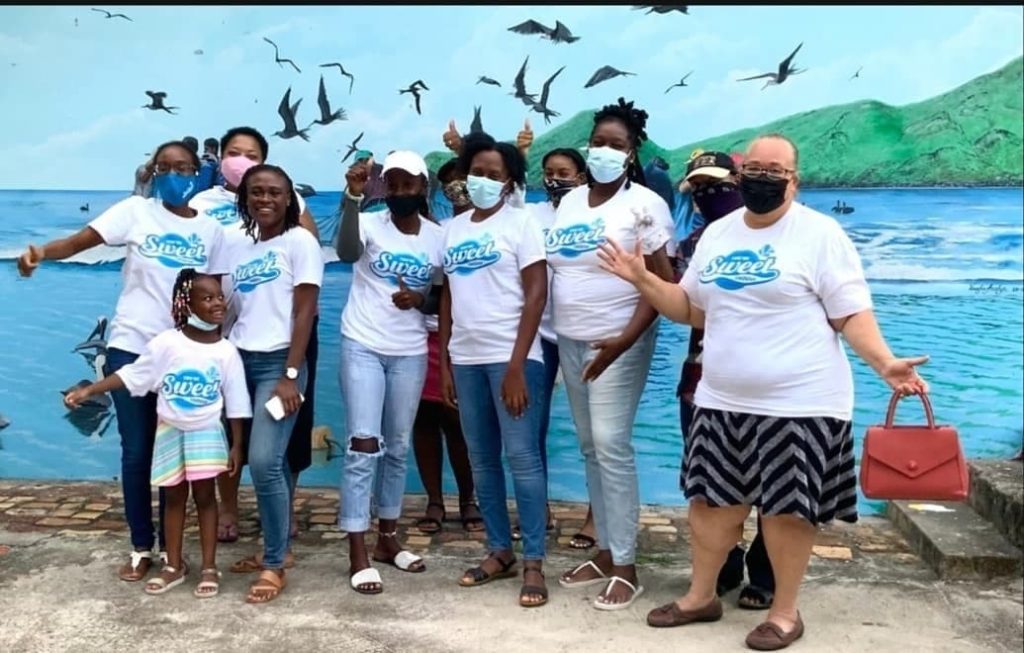
The You’re Sweet Enough: No SSB Drink Water Challenge is coordinated by Lake Health and Wellbeing during week 4 of the Ministry of Health’s SKN Moves 7-week health campaign. SKN Moves is an initiative designed under the Prevention and Control of Non-Communicable Diseases (NCDs) Programme to create a healthy lifestyle culture centered on healthy eating practices, regular physical activity and regular health checks/screenings. You’re Sweet Enough is a health education campaign led by Lake Health and Wellbeing to inform and educate the public about the links between consuming SSBs and the development of obesity, diabetes and other NCDs.
You can find out more about our You’re Sweet Enough campaign on our campaign website.







